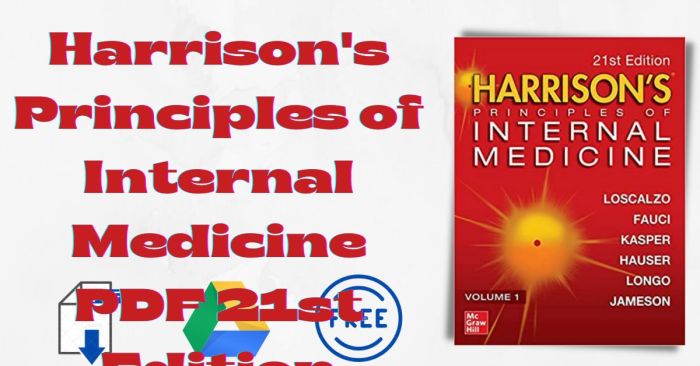Divine intervention internal medicine pdf delves into the multifaceted relationship between spirituality and medicine, exploring the historical, ethical, and practical implications of invoking divine intervention in medical decision-making.
This comprehensive guide examines the diverse perspectives on divine intervention, from its historical roots to its ethical considerations and integration into modern medical practice. Through case studies and evidence-based analysis, the report provides a balanced and thought-provoking exploration of the role of faith in healthcare.
Definition of Divine Intervention

Divine intervention refers to the belief that a higher power or deity directly intervenes in the course of events, including medical outcomes. In internal medicine, divine intervention is often understood as a miraculous or inexplicable occurrence that defies medical expectations.
Examples of perceived divine intervention in medical contexts include spontaneous recoveries from terminal illnesses, sudden remissions of chronic conditions, or unexpected improvements in response to prayer or spiritual practices.
Perspectives on Divine Intervention
- Religious Perspective:Believers in divine intervention often attribute medical outcomes to the will of God or other higher powers, viewing such events as signs of divine favor or guidance.
- Medical Perspective:From a medical standpoint, divine intervention is typically seen as an unproven and unscientific concept. Medical professionals focus on evidence-based practices and the natural course of disease, without attributing outcomes to supernatural forces.
- Complementary Perspective:Some individuals and healthcare providers adopt a complementary view, recognizing the potential for both medical interventions and spiritual practices to contribute to healing and well-being.
Historical Perspectives on Divine Intervention in Medicine

Beliefs about divine intervention in medicine have evolved throughout history, influenced by religious and cultural contexts.
Ancient Beliefs
- In ancient Egypt, Greece, and Rome, gods and goddesses were believed to play a direct role in health and healing.
- Shamanistic practices often incorporated spiritual rituals and invocations of supernatural beings for healing purposes.
Medieval Period
- Christianity played a dominant role in shaping medical beliefs, with divine intervention seen as a manifestation of God’s will.
- Saints and relics were venerated for their healing powers, and miracles were often attributed to divine intervention.
Scientific Revolution
- Advancements in science and medicine gradually challenged the dominance of divine intervention as an explanation for medical outcomes.
- The rise of empiricism and rationalism led to a greater emphasis on observable evidence and natural causes of disease.
Ethical Considerations in Divine Intervention: Divine Intervention Internal Medicine Pdf

Invoking divine intervention in medical decision-making raises ethical considerations:
Potential Benefits, Divine intervention internal medicine pdf
- Can provide comfort and support to patients and families facing difficult medical situations.
- May encourage hope and resilience in the face of adversity.
Potential Risks
- Can lead to unrealistic expectations and disappointment if desired outcomes are not achieved.
- May delay or discourage seeking appropriate medical care, potentially compromising patient safety.
- Can create conflicts within healthcare teams or between patients and providers with differing beliefs.
Healthcare Professionals’ Role
- Respect patients’ beliefs and values, even if they differ from their own.
- Provide balanced information about both medical and spiritual options, without promoting or discouraging either.
- Encourage open communication and collaboration among patients, families, and healthcare providers to navigate ethical considerations.
Commonly Asked Questions
What is divine intervention in internal medicine?
Divine intervention refers to the belief that a higher power or spiritual force can intervene in medical situations, influencing outcomes or providing guidance to healthcare professionals.
How has divine intervention been perceived in medical contexts?
Throughout history, divine intervention has been perceived in various ways, including miraculous recoveries, answered prayers, and coincidences that lead to positive medical outcomes.
What are the ethical considerations related to divine intervention in healthcare?
Ethical considerations include respecting patient autonomy, ensuring informed consent, avoiding coercion, and maintaining a balance between spiritual and scientific approaches to healthcare.